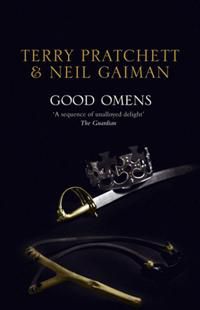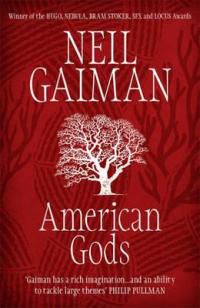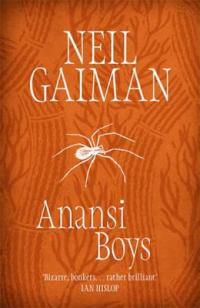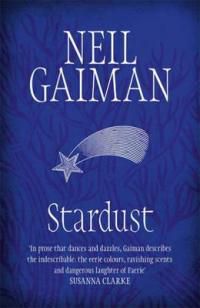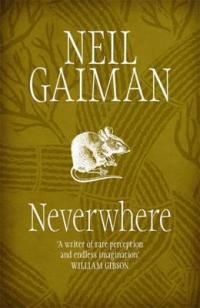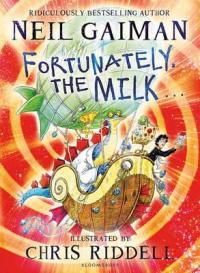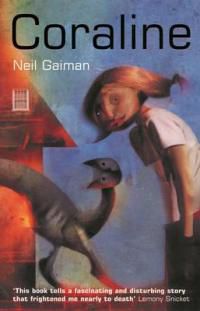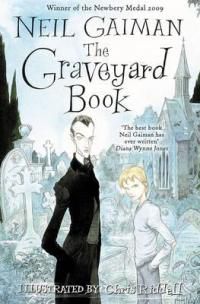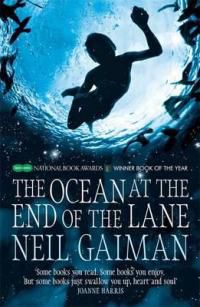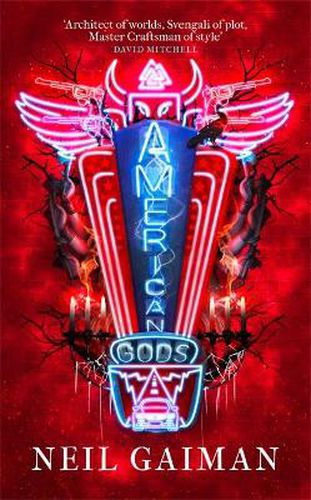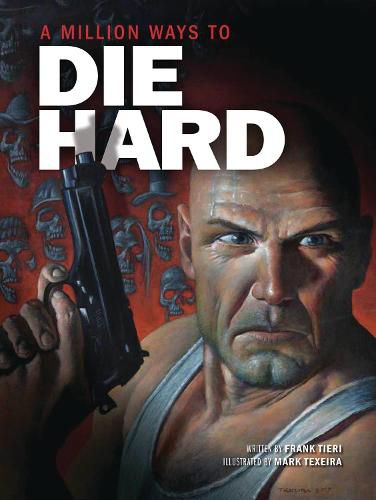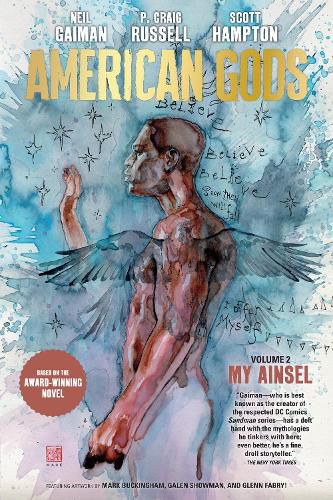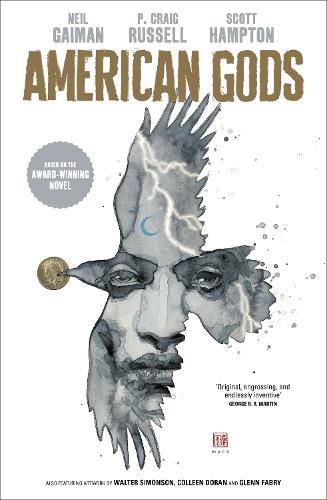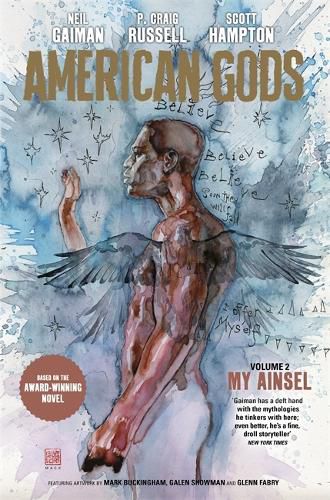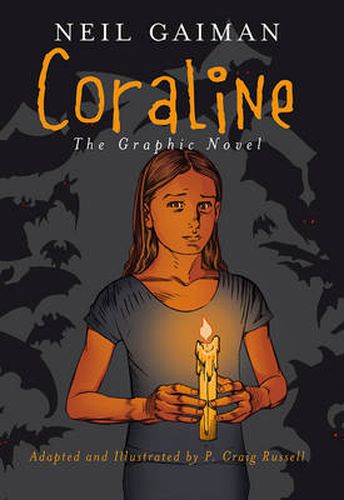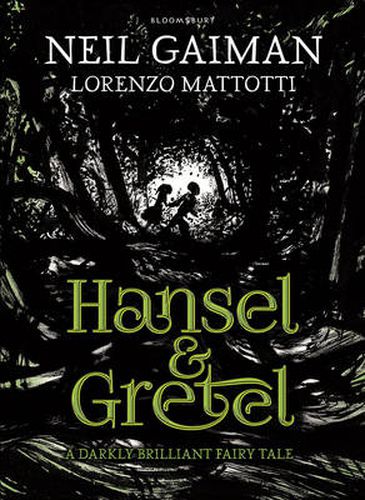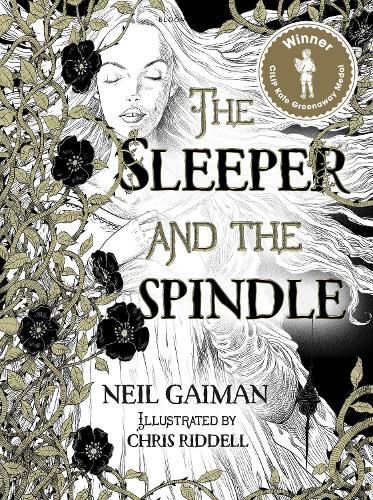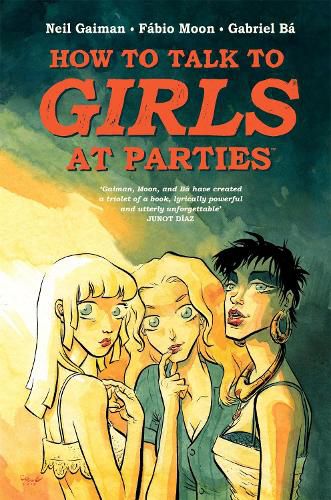A beginner's guide to Neil Gaiman
I’m a long-time fan of Neil Gaiman’s novels, and am always trying to put them into the hands of people who haven’t yet discovered his particular brand of intelligent, unexpected, alternative storytelling.
I like to think there’s a Gaiman for everyone, and so here’s my beginner’s guide to prove it.
For someone who wants to laugh
Good Omens is one of the most magnificently funny novels I’ve ever read. It doesn’t matter how many times I dive into my well-thumbed copy – it still manages to reduce me to helpless tears of laughter. Gaiman’s wry narrative style partners perfectly with Terry Pratchett’s literary slapstick to create a novel about The End Of Days that’s witty, insightful, accessible and warm-hearted.
For someone who’s after something a bit darker
I’m on the edge of my seat waiting for the TV adaptation of American Gods to hit the screen as I’ve been mentally casting it for years. I even bailed up Neil Gaiman himself at an event ten years ago and told him that only Christopher Walken could do justice to the role of Mr Wednesday. True story. (He was very polite, but disagreed.)
Pulling together elements of ancient religion and mythology, Gaiman transplants them into a very modern America. The old Gods from ancient mythology were brought to the new world in the hearts and minds of immigrants, but they’re facing extinction in the face of the rise of modern ‘Gods’ like the Internet, TV, and money. Mr Wednesday – the American incarnation of the Norse God Odin – is determined to unite the old Gods and wage a war for dominance and survival.
For someone who’s sick of playing by the rules
Anansi Boys takes place in the same world as American Gods, though it’s a bit lighter in tone.
Charles Nancy has fought very hard to achieve the kind of drab, grey, ‘normal’ life that he dreamed of as a kid, so when news arrives that his eccentric father has died (in as embarrassing a fashion as he lived his life) it’s with some reluctance that he returns to his childhood home in Florida and the identity that he thought he’d left behind. The revelation that his father was an incarnation of the West African trickster God Anansi comes as less of a surprise than the discovery that he has a twin brother, Spider, who apparently got all the God-stuff but was banished for being so naughty. Now Spider’s back, and he’s wreaking merry havoc on Charlie’s carefully constructed life.
For someone who loves fairytales with a twist
If you’re a fan of The Princess Bride, then Stardust is for you. Based in the kind of high fantasy world that’s populated with fairies and witches it riffs on the familiar conventions of the traditional fairytale without taking them too seriously.
Gaiman tells the story of Tristran Thorn who crosses over into fairyland in pursuit of a fallen star, but along the way discovers a couple of very pertinent facts. One – he’s not the only person who’s looking for the star. And, two – the star’s not something he can just pop in his pocket. Rather, the star is a living, breathing, fairly pissed-off young woman with a broken ankle, and she has no intention of being dragged back into the real world to impress some shopkeeper’s daughter.
For someone who knows there’s more than meets the eye
Neverwhere holds a special place in my heart. It was given to me by a friend I met during my Gap Year living and working in London, and it’s tangled up in my mind with that heady feeling of being 19-years-old and living in a city where everything is at once very new, and yet vaguely familiar.
After helping an injured homeless girl out of a sticky situation, Richard Mayhew discovers that strangers have moved into his flat, his fiance has forgotten he ever existed, the ATM has gobbled his bank card, and his job no longer exists. It soon turns out that he’s slipped through the cracks of society to become the newest denizen of London Below – an intricate parallel world that exists alongside London itself and is based around the mystifying gnarl of the Underground Tube network. Neverwhere is a wonderful book that encourages you to look for the magic in everyday things.
For reading together with little people
If you’re looking for a madcap adventure to share with the kids then try Fortunately, the Milk. This is an energetic and pacy junior novel about one dad’s unlikely adventure buying milk from the corner shop. There’s aliens, time-travelling dinosaur police, and wumpires (vampires with accents).
I suggest this book to every frazzled parent with a 6+ child whose advanced reading level has left them scrabbling for age appropriate books. It’s funny enough to appeal to older readers, but the content’s perfectly entertaining for kids who still think snot jokes are the epitome of good humour.
For reading together with little people – and the lights on
The first time your son or daughter tells you they hate you, I suggest you gift them a copy of Coraline and a pair of black buttons.
Coraline’s parents are a total buzzkill – always cooking healthy food and buying practical shoes. So when Coraline discovers an alternate reality behind a tiny door in her bedroom she thinks maybe things might be a bit more fun if she lived there permanently. After all, her Other Mother cooks much yummier food, her Other Father pays her more attention, and she’s got way better toys. But there’s something just a little bit off about this Other world (maybe it’s her Other Mother’s insistence that she pluck out her eyes and replace them with shiny black buttons…) that makes her wonder whether she might be better off at home after all.
Coraline is a darker, twistier Alice in Wonderland that will appeal to modern kids, and parents too!
For someone who wants something with a classic feel
Gaiman was inspired to write The Graveyard Book when he saw his 2-year-old son playing in a graveyard. He thought that he would quite like to write something like The Jungle Book, but set in the midst of headstones instead of a jungle, and with in loco parentis ghosts instead of bears and panthers.
And The Graveyard Book does has the same ‘classic literature’ feeling of Rudyard Kipling’s book, but with a wonderfully macabre humour that offsets the old-fashioned narrative style. Nobody Owens is the one surviving member of a family that fell prey to the notorious assassin Jack Frost. He’s been raised since toddlerhood by the occupants of the graveyard, but as he’s become older it become more and more obvious that he can’t stay hidden in this half-world forever.
For someone who knows the power of childhood memories
The Ocean at the End of the Lane is Gaiman’s most recent novel for adults, but it’s actually an exploration of childhood.
A nameless narrator returns to his childhood home to find that the ‘ocean’ he remembers at the end of the lane is simply a small pond, the ‘gigantic fort’ now a small cupboard, and the magical neighbours… well, they are still magical as it turns out. Drawn back into such familiar surroundings, the narrator begins to remember the wondrous but terrifying experience of being 7-years-old, and fighting a terrible and otherworldly creature. At stake was his own life, the life of his friend, and even the survival of the universe itself.



